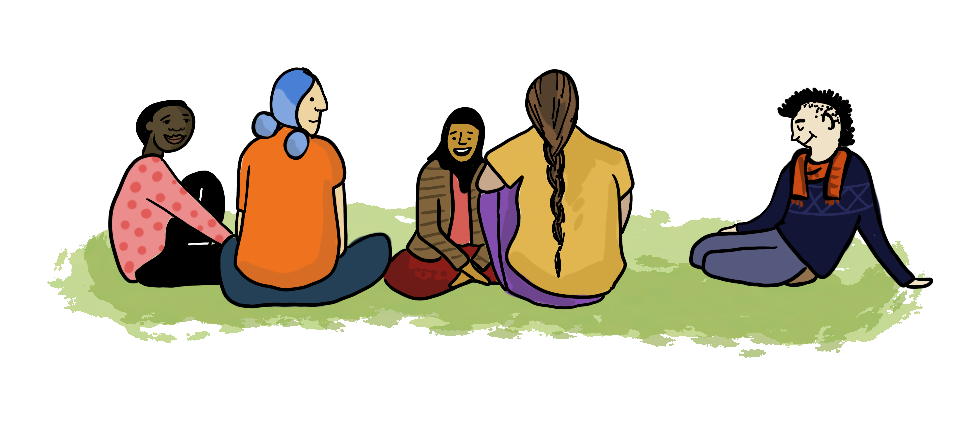
Outness is the extent to which an individual is open about their sexual orientation and/or gender identity to the various spheres of their life (work, family, friends, school, etc.).
In contrast, being “closeted” implies that an LGBTQ2 person may not be open about their sexual orientation and/or gender identity to some, or all, of the people or communities in their life.
An important note about outness is that the process of coming out to others is often viewed as a singular event where a queer person shifts from a state of being completely closeted to being out. However, LGBTQ2 people often make choices across their lifespan on concealing and disclosing their sexual orientation and/or gender identity to specific people or groups.
LGBTQ2 people may choose to conceal their sexual orientation and/or gender identity because concealing a stigmatized identity may be perceived as providing psychological or emotional relief in the moment, but doing this can create psychological distress because there is a constant threat of having this identity discovered.
Being out to others can provide many mental health benefits, including: lower anxiety and depression, higher self-esteem, and greater positive affect.
However, not all studies show a positive relationship between outness and mental health among queer communities.
With this in mind, research seems to suggest that outness is helpful for an LGBTQ2 person’s mental health experiences, only if they are coming out to a supportive and affirming person. One researcher stated, “the key resilience variable [relating to outness] is social support, not outness. Reactions to disclosure are obviously not universally positive, making disclosure a risky proposition in some situations.”